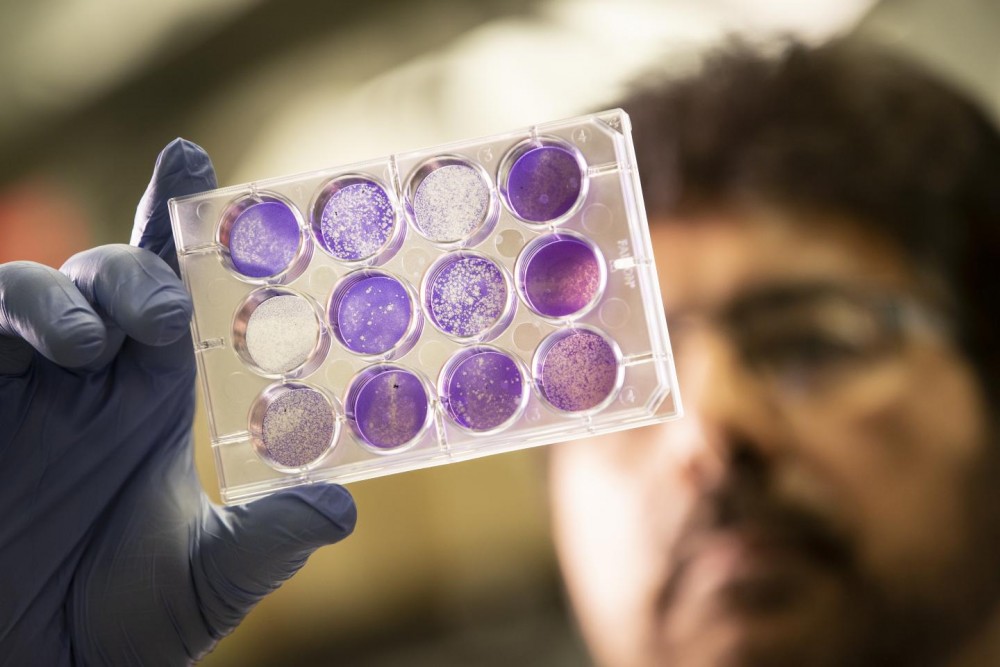
Researchers from McMaster University have created a new means of storing anti-viral vaccines for travel to remote regions.
The method is cheaper and safer than traditional means, according to the research team, relying on light, compact doses. It can store vaccines for several weeks at a time, in temperatures up to 40 degrees Celsius. Most vaccines need to be stored between 2 degrees Celsius and 8 degrees Celsius.
The new method for storing vaccines for travel involves mixing existing vaccines with sugary gels that enhance the timeframe of their viability. Later, health professionals reconstitute the stored vaccines with water for use with patients.
“You can spend all kinds of money developing a vaccine, but if it is deactivated by high temperature an hour before you can give it to someone, it doesn’t matter,” Ali Ashkar, co-author and a professor of Pathology and Molecular Medicine, said.
The process does add costs to vaccine preparation, but the researchers note it is negligible as it nearly eliminates all of the transportation costs. It also benefits from being simple, the researchers said, and its efficacy has already been established in other applications.
“This, to us, is the ultimate application of this technology,” Vincent Leung, lead author and an assistant professor of Chemical Engineering, said. “To imagine that something we worked on in the lab could one day be used to save people’s lives is very exciting.”
Many regions cannot refrigerate and transport vaccines without trouble, so this new creation expands potential capabilities. The method has already been shown viable with both influenza vaccines and herpes simplex virus vaccines, and the U.S. Food and Drug Administration previously approved the materials involved.
The method was published in the journal Scientific Reports.




